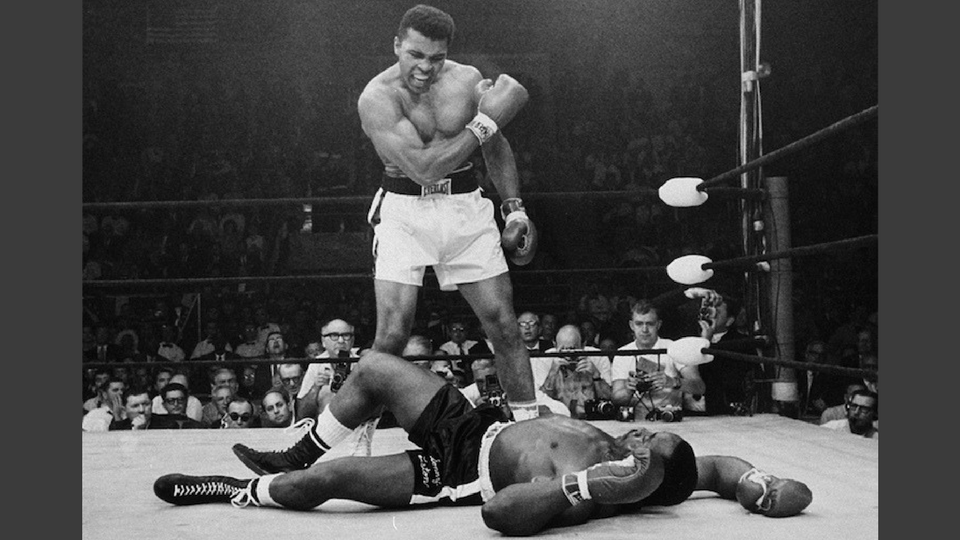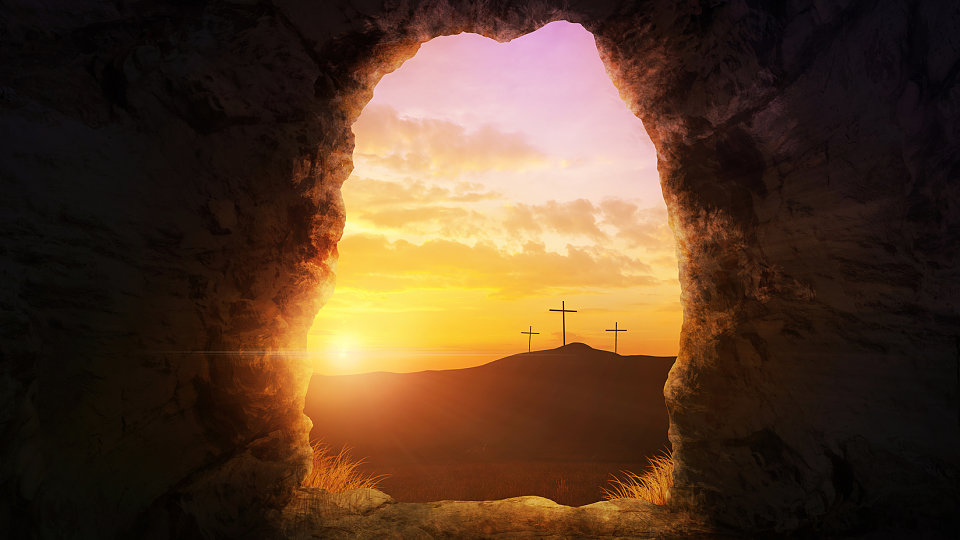The Picture of Death Defeated
In advance of Easter Sunday, I’d like to share a selection from my new book Unafraid: Living with Courage and Hope in Uncertain Times. With Easter quickly approaching, it seems especially appropriate that we reflect on the resurrection and the afterlife, and the idea of facing our greatest fears with hope, strength, and courage. Please stay tuned for more updates about Unafraid! Christianity proclaims that God’s response to our fear of death is the death and resurrection of Christ. Through his death and resurrection, Jesus conquered death. His resurrection leads us to say that evil, illness, sin, and death will never have the final word. There is always hope. The Easter following Muhammad Ali’s death, I was trying to give my congregation a picture or analogy of how Easter conveys the idea of a powerful victory over death itself. I reminded them of Ali’s epic fight with Sonny Liston on May 25, 1965. It was a rematch, following Ali’s surprise defeat of the former heavyweight champion the year before. Many people had dismissed Ali’s first victory over Liston as a fluke. But in the first round of this rematch, the twenty-three-year-old Ali knocked Liston down for the count. Perhaps you’ve seen the iconic photograph of Ali standing over Liston shouting, “Get up and fight, sucker!” That’s the image I have in my mind of Christ’s defeat of death itself at Easter. His resurrection gives us hope that hatred, evil, illness, sin, and death will never have the final word. There is always hope, not only in this life but also in the next. It was C. S. Lewis who once said that what we believe about death and the afterlife fundamentally changes how we live this life. If I believe that the Gospel writers and the apostles were telling the truth, and that Jesus died and rose again (as astounding as that may seem), and if I trust the words of Jesus himself about death and the afterlife, then I can face all of life, including every fear I describe in Unafraid, with courage and hope. Now, for some, a belief in the resurrection and eternal life leads to indifference about what happens on earth. I’ve heard some Christians speak as though they don’t have to care about the suffering of others, for if those in extreme poverty die, they “get to go to heaven.” I once heard a woman say that she didn’t worry about the environment or any other temporal concerns because “this world is not my home.” This is a gross misreading of the Gospels. It was Jesus who called us to care for the hungry, the thirsting, the naked, the sick, the immigrant, and the prisoner. And it was he who said that if we’ve been indifferent to the needs of our fellow human beings in this life, we’ll have no part with him in the next one. Again, Jesus’s focus was not on heaven—it was on how we live here on earth. The promise of life beyond death shouldn’t make us indifferent to the suffering of others; rather, it should lead us to great courage and risk-taking in addressing the pain and anguish in this world. This is just a brief excerpt from Chapter Nineteen of my new book, Unafraid: Living with Courage and Hope in Uncertain Times. In the rest of the chapter, I consider how we can live life well, knowing that death could come at any time, and how we can face each day without fear, but instead with courage and hope. If you would like to learn more about Unafraid or the children, youth or adult small group study resources based upon it, please click here. (Scroll to the bottom of the page to view the downloadable resources and the promo videos for Unafraid.)






